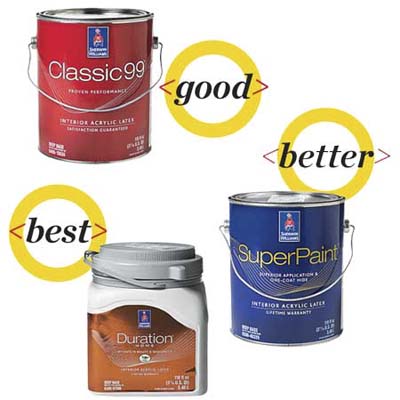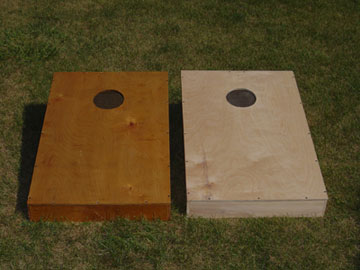Pregnancy and Paint Exposure
I often get asked about the exposure to paint fumes during and after painting for women who are pregnant or for young children. If a professional is doing the painting for you, your exposure will be very minimal and most likely none at all. Once paint is dry and with good ventilation you are completely safe. Here is an article to help answer this question and provide other information.
Pregnancy and Paint Exposure
Pregnant women may be exposed to paint through different circumstances that include household use, recreational use, or occupational use.
There are basically three categories of paint which you could be exposed to: latex, oil, and enamel. The degree of toxicity during pregnancy is challenging to predict because there are currently no methods of measuring actual exposure. The likelihood of paint toxicity depends on the chemicals and solvents found in the paint along with the amount of exposure.
What about pregnancy and household paint use?
The most common question related to pregnancy and paint exposure has to do with moms who want to paint their new baby’s nursery or finish decorating the house before the baby arrives. Unfortunately, there are no studies that document the effects of household painting on pregnancy and the developing baby.
Currently, the assumption is that household painting involves very low levels of exposure. The recommendation is still to minimize or avoid painting altogether, if possible. Ideally, you can get someone else to do the job for you.
Lead based paint was commonly used prior to the 1970s, so you should avoid getting involved with removing old paint because of the risk of lead exposure. According to the FDA, exposure to lead paint increases the likelihood of lead poisoning and mental retardation. Scraping and sanding old paint should be completely avoided. This puts higher concentrations of solvents and chemicals in the air to be inhaled. The recommendation is to have someone else do this part of the job and ideally remove yourself from the location until the project is complete.
If you are just too excited and you must paint the nursery, make sure you follow these guidelines to decrease the likelihood of paint exposure:
- Protect your skin by wearing protective clothing that includes long pants, long-sleeved shirts and gloves.
- Be certain that the room and house are well ventilated; open the windows and turn on fans.
- Limit the time you spend on the project; take breaks and move into the fresh air frequently.
- Keep your food and drinks away from the area so that solvents and chemicals will not accidentally be consumed.
- Or hire a professional to do the painting for you.













